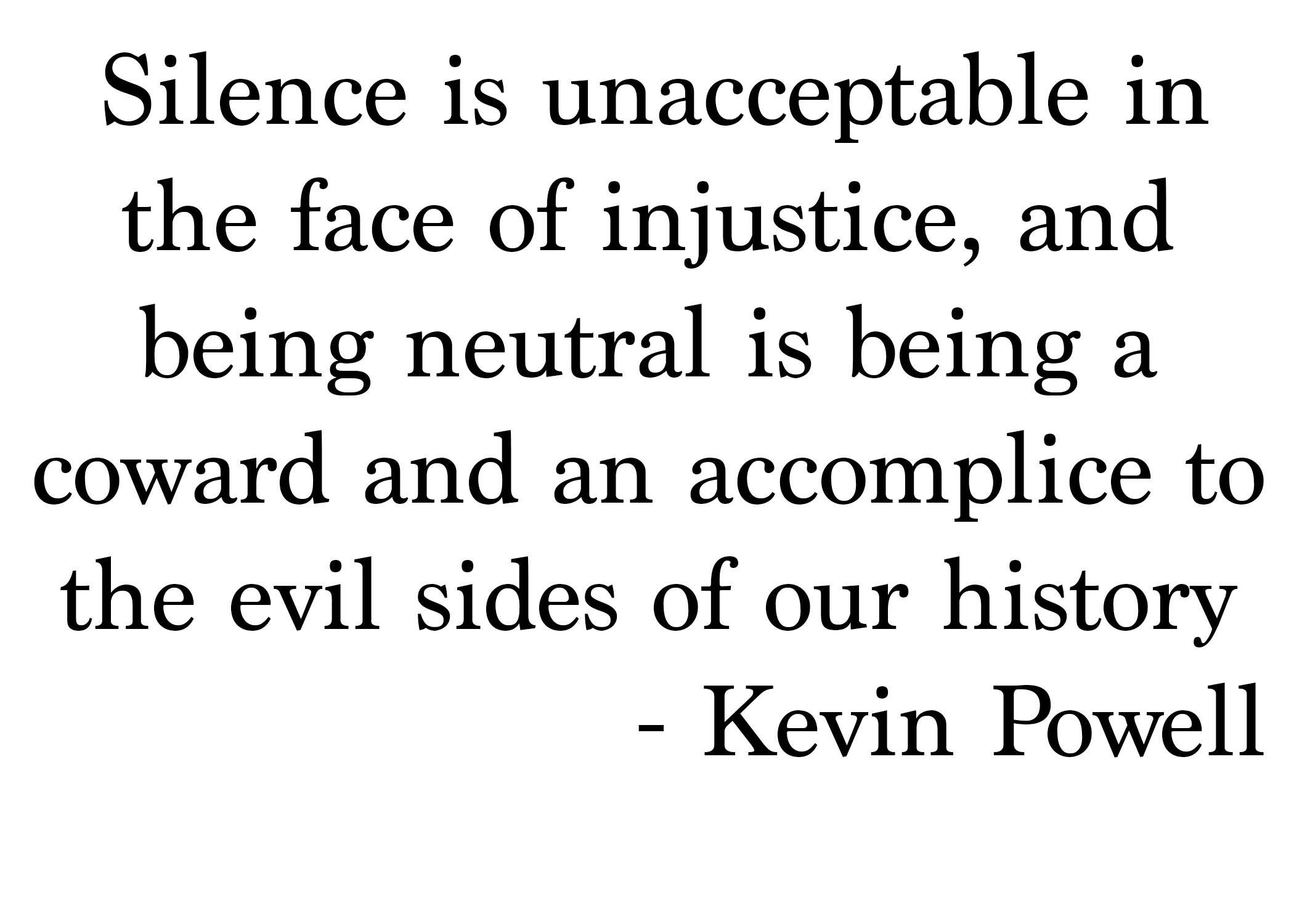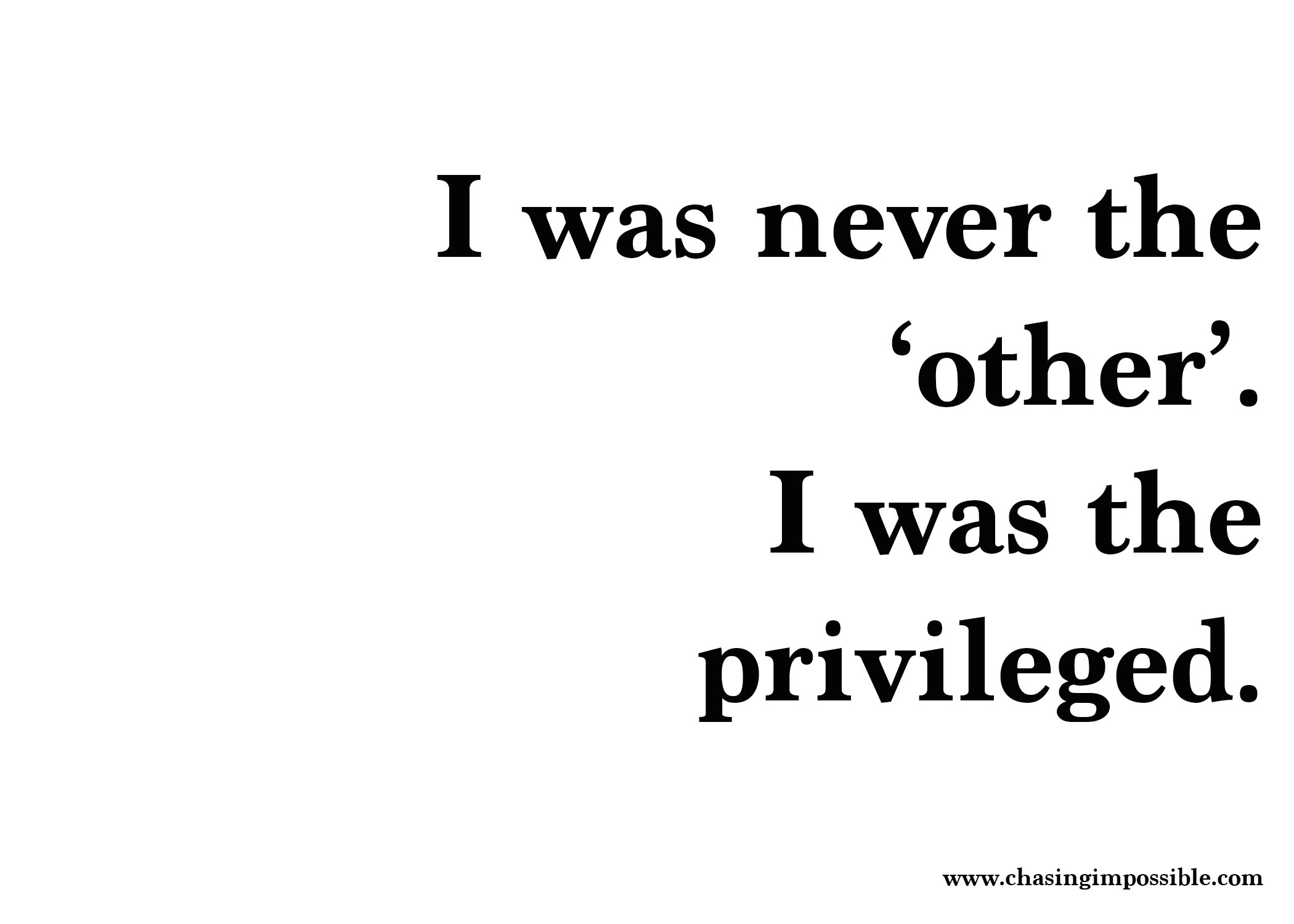I have spent the last couple of days processing what to say in this post. If you are on Facebook, you might have seen the post where I stated that a man referred to me in the derogatory “N” word. He calling me a Nigger is not the first time I have had my blackness muddied in America. His word was hurtful but not as terrifying as the low growls of dog set upon me in the streets of Somerville. Nor was it as soul-crushing as the persistent lack of opportunities I have faced in Boston as a black woman.
One of the blessings of my life has always been that my heritage lies in Nigeria, in the grand Yoruba land. My heritage lies in the stories of my ancestors. It lies in the stories I was told as a child in Yoruba. It lies in the songs that I was sung. It lies in my name. In my ‘oriki.’ My strong connection with my past means that in my present I feel no trauma. I have always believed that I am a first class citizen. Not second…first.
For the longest time, I lived in that bubble in America. I went to schools where I was the token black student. Instead of feeling somewhat isolated, I felt I was special and breathing some rarefied air. In the past few years of living in Boston, I have come to realize that my privilege as the token black kid in class is, in fact, another symptom of my second class status in America. The truth is no matter how many doors open for me because I am special or different, as long as the door is not open for all, discrimination still exists. Where discrimination exists, we all remain victims. And some of us, remain perpetrators or even beneficiaries of such discrimination when we remain passive. The truth is if we are unable or refuse to confront/deconstruct the false privileges of being exceptionally black, then we cannot truly begin to claim equal status.
In this age of nuanced racism, I feel bad for people of color who are unable to process the complexities of racism. Sometimes I see a black person express an idea that is so racist and I cringe. Maybe partly because I have been that person. You know that person that claims to be African, not African-American, because we believe we are somehow exceptional and not black. I cringe because I understand that when awareness dawns, this person who is now exceptional would have to deal with accepting their ordinariness and redefining how they see the world.
The thing that makes a lot of racism, as well as other discrimination, so dangerous is the small ways that they sneak up. The truth is, in this day and age, a very few people have the gall to say that they believe that a particular sub-set of people are second class. Those people who wear their bias openly are actually not the most dangerous. They are annoying as hell. The most dangerous people are the people who have conscious, even unconscious, bias that is not clearly expressed. Those people would send you to a mental home trying to figure out if you have just been slighted or you are being overly sensitive.
While I was processing how to write this post, I was lucky to run into this essay by Kevin Powell. His sentence on the silent neutrality being an accomplice to injustice validated my decision to break my vow not to speak about Trump. Early in the election season when Donald Trump first started his craziness, I checked out. I refused to acknowledge him. Maybe it was my privilege or naiveté, I had a feeling that America the great melting pot would strike him out. So I took a voice of silence and told everyone I won’t speak about him. The truth is I don’t like talking about discrimination and racism. Who wants to be an angry black woman? I have had a group of white friends tell me that I have a chip on my shoulder when I tried to engage them on diversity issues.
As much as I loathe discomfort, I refuse to be a coward. I refuse to be an accomplice to injustice. I refuse to luxuriate in black immigrant exceptionalism. I refuse to confuse living in the ghettos of inequality as being accomplished. I am going to start making more comments about what it means to live in a black body. About how I feel unsafe on the train now because I am not sure what lies behind the eyes watching me. About how I am unable to walk on the sidewalk of my neighbors’ house because they have a dog and I am afraid they might set it on me because someone once did. About how I don’t network in Boston because I am usually the only black person or one of a few people of color in a room of professionals. About how I am considering a second career but I am trying to avoid fields that may lead to the black tax.
I refuse to be silent.



 My sister pestered me all of the first week in January for a word of the year. I love my sister. My sister and I talk about feelings and everything else. And picking a word of the year fell under that umbrella that most people don’t touch because they are being cool. But my sister and I, we talked it over and we picked a word for me. The word is ‘Resurrect’.
My sister pestered me all of the first week in January for a word of the year. I love my sister. My sister and I talk about feelings and everything else. And picking a word of the year fell under that umbrella that most people don’t touch because they are being cool. But my sister and I, we talked it over and we picked a word for me. The word is ‘Resurrect’.